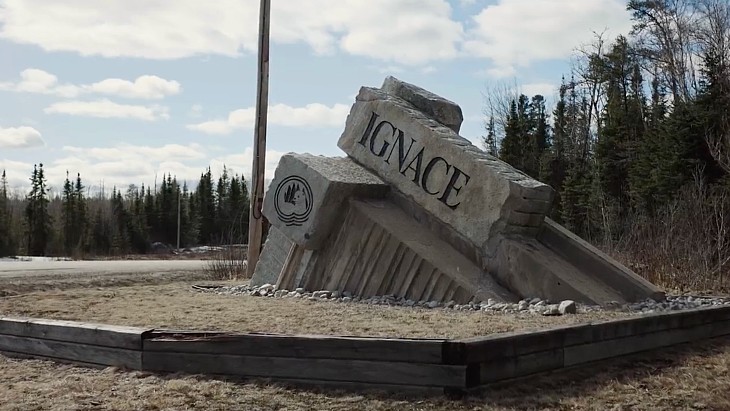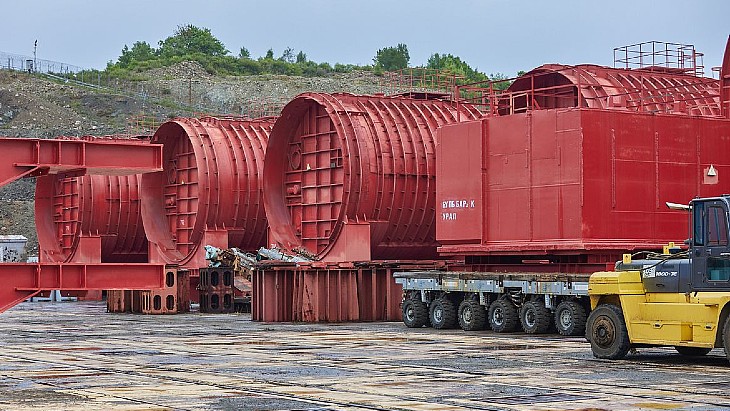Full-scale tests to start soon at Finnish repository
.jpg)
The site for Posiva's repository at Eurajoki near Olkiluoto was selected in 2000. The Finnish parliament approved the decision-in-principle on the repository project the following year. Posiva, jointly owned by Finnish nuclear utilities Fortum and Teollisuuden Voima Oyj, submitted its construction licence application to the Ministry of Employment and the Economy in December 2013. Posiva studied the rock at Olkiluoto and prepared its licence application using results from the Onkalo underground laboratory, which would be expanded to form the basis of the repository. The government granted a construction licence for the project in November 2015. Construction work on the repository started a year later. Posiva is still required to obtain a separate operating licence for the facility.
Posiva's plan is for used fuel to be packed inside copper-steel canisters at an above-ground encapsulation plant, from where they will be transferred into the underground tunnels of the repository, located at a depth of 400-450 meters, and further into deposition holes lined with a bentonite buffer. Operation of the repository is expected to begin in 2023.
Yesterday, Posiva said that a full-scale in-situ system test (FISST) will begin "after mid-summer". This test ensures the functionality of storing nuclear fuel assemblies packed in the copper-steel canisters in tunnels drilled into rocks, as well as backfilling the tunnels with bentonite clay and sealing them with reinforced concrete plugs. The test will involve placement within a 50-meter tunnel some 420m underground two test canisters containing heating elements to simulate the residual heat of used fuel. Conditions within the tunnel will be monitored using about 500 sensors.
Posiva said it had been "actively preparing" for the test since December. Each of the prototype devices required for the test have been manufactured by Posiva and have already been tested separately.
"The test is the first of its kind in the world," Posiva noted. "Posiva's final disposal technology and equipment are also prototypes."
Once the FISST test is completed, Posiva will conduct an integrated systems test, which will see final disposal operations tested without actual used nuclear fuel. The test will provide more information concerning the functionality of the various phases of the final disposal process.
The research work for the integrated systems test, which is estimated to be carried out in 2022, started in April 2017 with the drilling of a pilot hole in Onkalo at a depth of about 420m. Used nuclear fuel will eventually be deposited roughly at the same depth.
A central tunnel and a deposition tunnel with lengths of about 60m and 80m, respectively, will be excavated for the integrated systems test. The aim is to bore four deposition holes in the deposition tunnel. The tunnels excavated for the integrated systems test will be significantly shorter than those used for actual final disposal operations; the deposition tunnels can be up to 350m long.
_17992.jpg)
_75800.jpg)







_66488.jpg)


